New research in the January 2020 issue of JNCCN—Journal of the National Comprehensive Cancer Network uses data from the National Health Interview Survey (NHIS) from 2000 to 2017 to examine self-reported drinking habits among people reporting a cancer diagnosis. The researchers found that of 34,080 survey participants, 56.5% were current drinkers, 34.9% exceeded moderate drinking levels, and 21% engaged in binge drinking. This is the first large study to be done on alcohol use in the oncology population. Given that alcohol has been identified as a risk factor for several cancers1 (and contributed to 5.8% of cancer deaths in 20122), the researchers were surprised by how high those numbers were.
"We recommend that providers screen for alcohol use at regular intervals and provide resources to assist in cutting down use for those who may engage in excessive drinking behaviours," said Nina Niu Sanford, MD, Assistant Professor, Dedman Family Scholar in Clinical Care, UT Southwestern Medical Center, Department of Radiation Oncology. "Typically, questions about alcohol use are just asked once when the patient first enters the medical system and then copied into subsequent notes as part of the patient's social history."
For the purposes of the study, excessive drinking was defined as more than one drink a day for women, and more than two drinks a day for men, per CDC guidelines.3 Binge drinking was defined in the same guidelines as consuming enough alcohol to raise blood alcohol content to at least .08%, which generally means at least four drinks within two hours for women, and at least five for men. For this study, the researchers defined binge drinking as the consumption of at least five drinks in one day at any point over the past year. The authors noted that there aren't currently studies that establish safe levels of alcohol use when it comes to cancer risk, but studies have suggested the risk is higher for people who engage in binge drinking.
Further examination of the data showed binge drinking rates were much higher for younger survivors. Among those age 18 to 34, 23.6% met the criteria for binge drinking, while only 2.6% of those 75-and-older reported the same. Likewise, survivors of cancer types that are more associated with younger people—like cervical, testicular, head and neck cancers, and melanoma—were more likely to report drinking at all levels, while drinking was much less common for survivors of breast cancer. Somewhat paradoxically, the researchers also found that better self-reported health correlated to more drinking.
"We would hypothesize that individuals with a diagnosis of cancer who self-report poor health status maybe those with persistent or recurrent disease who are undergoing active treatment, or experiencing persistent side effects from prior treatment, and therefore may have been advised not to drink or don't feel well enough to consume alcohol," said Brandon A. Mahal, MD, McGraw/Patterson Center for Population Sciences, Dana-Farber Cancer Institute. "However, since causation cannot be established from the NHIS survey, another possibility could be that alcohol use improved the overall self-reported health among cancer survivors, although we think this is less likely. These results point to the fact that more research on alcohol use is needed for all subsets of survivors of cancer, perhaps with an emphasis on reduction in patients who feel well and report excessive drinking."
Crystal S. Denlinger, MD, FACP, Chief, GI Medical Oncology, Fox Chase Cancer Center, chairs the NCCN Clinical Practice Guidelines in Oncology (NCCN Guidelines®) Panel for Survivorship. She was not involved in this study but commented on the importance of more research into the impact of alcohol use among cancer survivors.
"This study highlights the prevalence of current alcohol use among cancer survivors, including an increase in alcohol intake over time and higher rates among younger cancer survivors," said Dr. Denlinger. "As alcohol intake is a risk factor for cancer development and may contribute to worse outcomes following a diagnosis, this behaviour is ripe for education and intervention in the survivor population. Currently, guidelines for the care of cancer survivors, including the NCCN Guidelines for Survivorship, recommend limiting the intake of alcohol. Further work to understand the optimal dissemination of these recommendations and ways to change alcohol use behaviour is clearly needed in the cancer survivor population, particularly among younger survivors."
Notably, the researchers also found that 16.7% of cancer survivors self-reported as current smokers. Both current and former smokers were more likely to report themselves as current drinkers. The researchers recommend that survivors also be screened for smoking, and then counselled on both smoking and drinking-related health issues, and offered cessation support.
To read the entire study, visit JNCCN.org. Complimentary access to "Alcohol Use Among Patients With Cancer and Survivors in the United States, 2000-2017" is available until April 10, 2019.
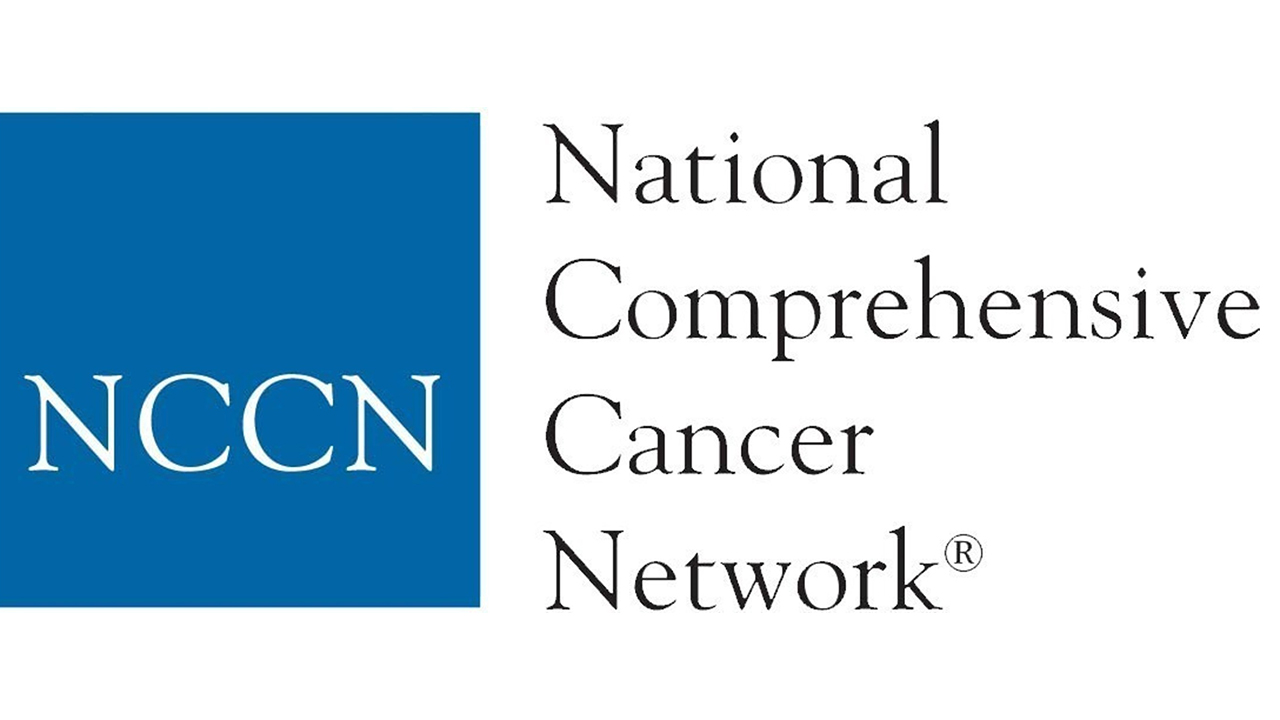
 High smoking and drinking numbers among cancer survivors baffles researchers
High smoking and drinking numbers among cancer survivors baffles researchers




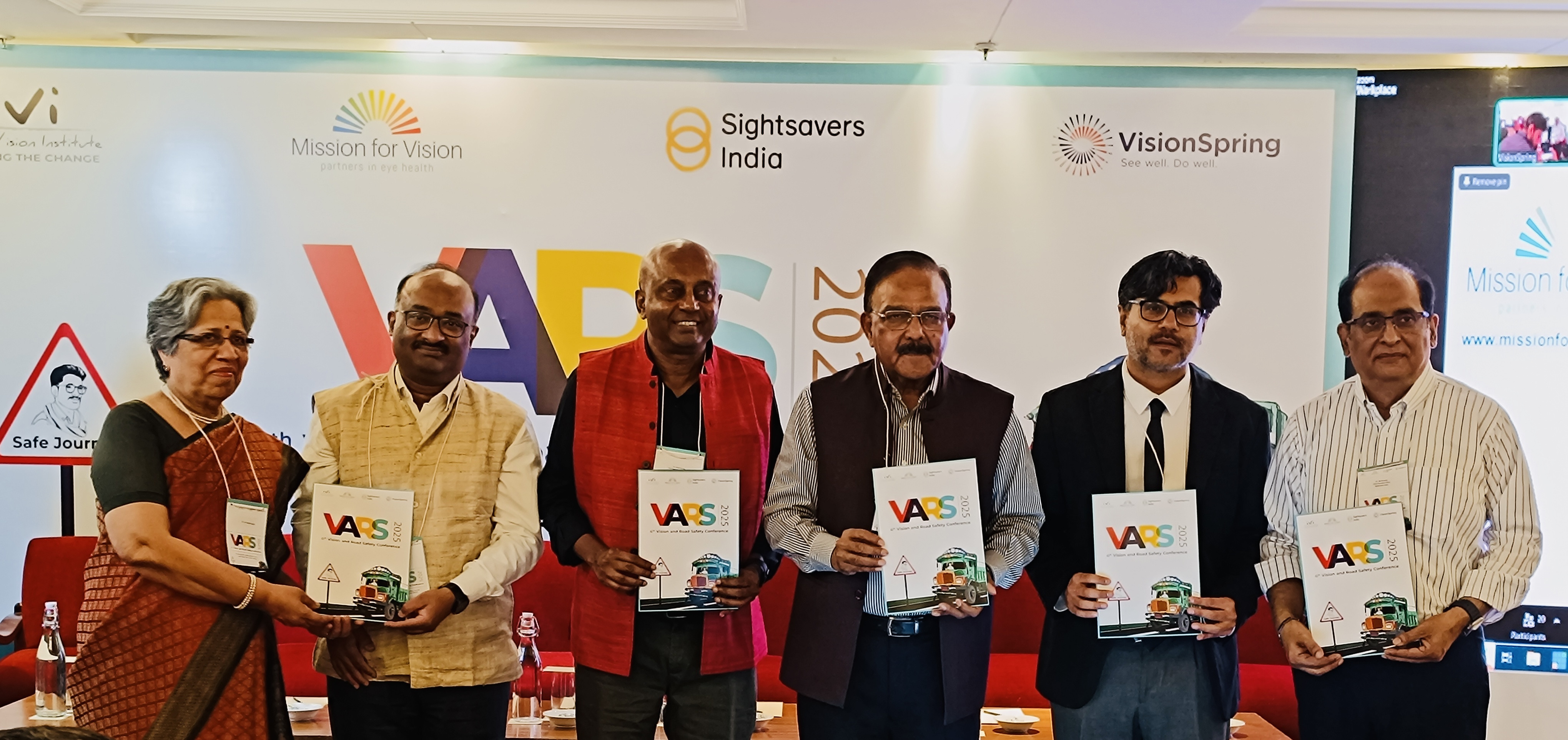

.png)
.png)

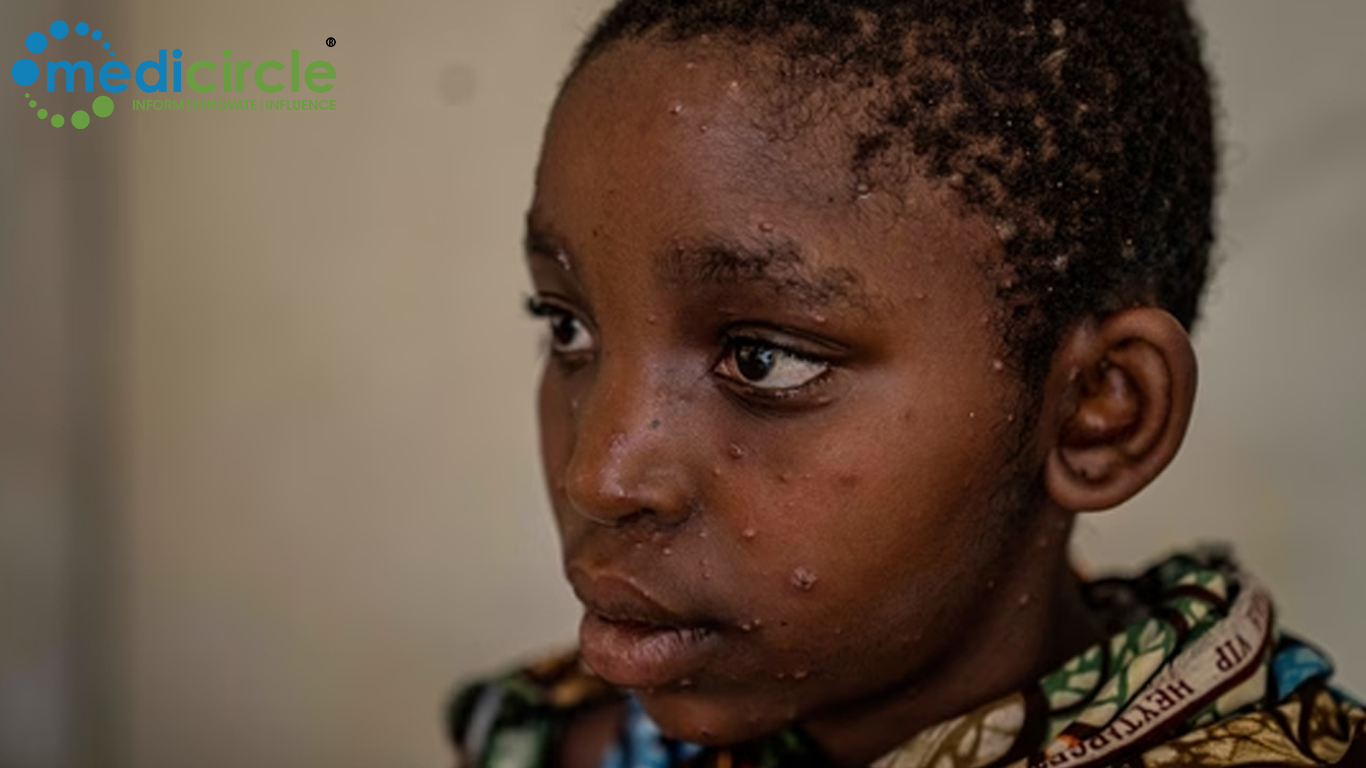
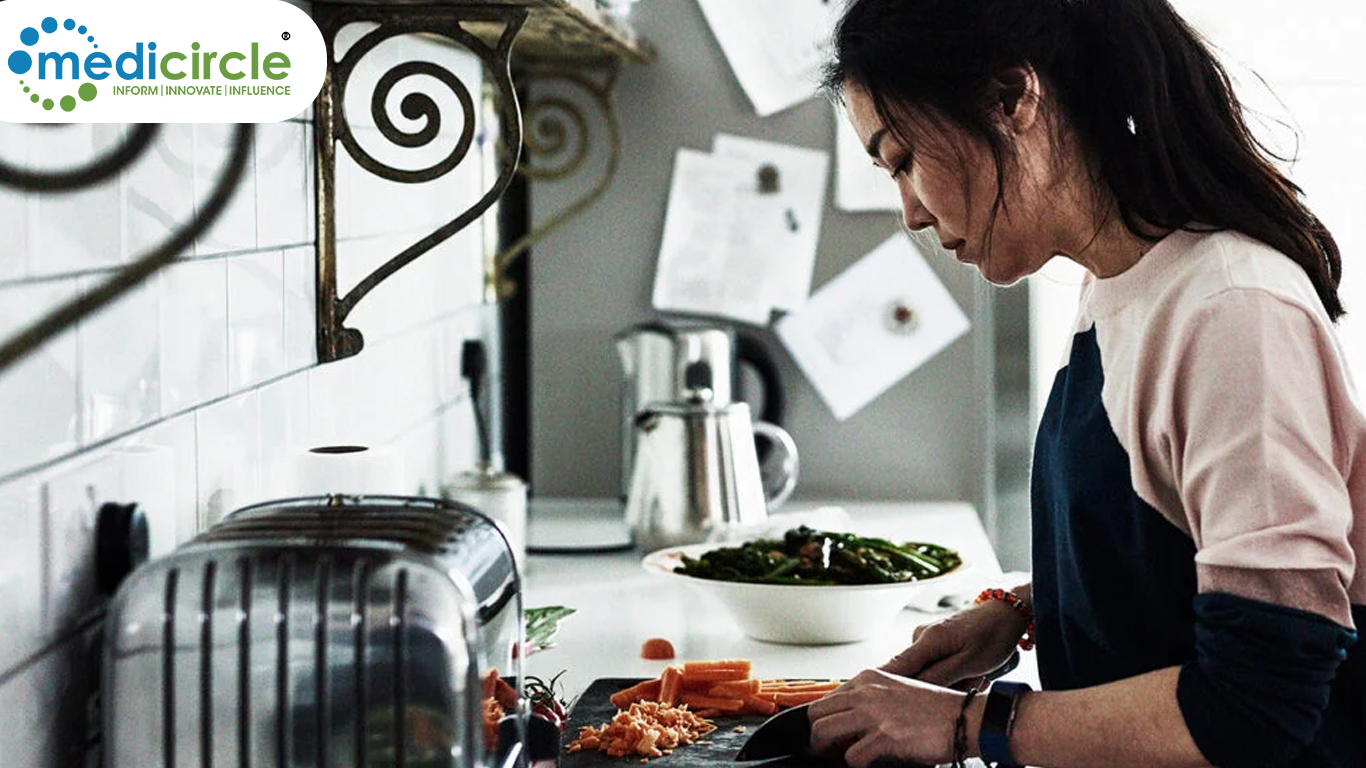
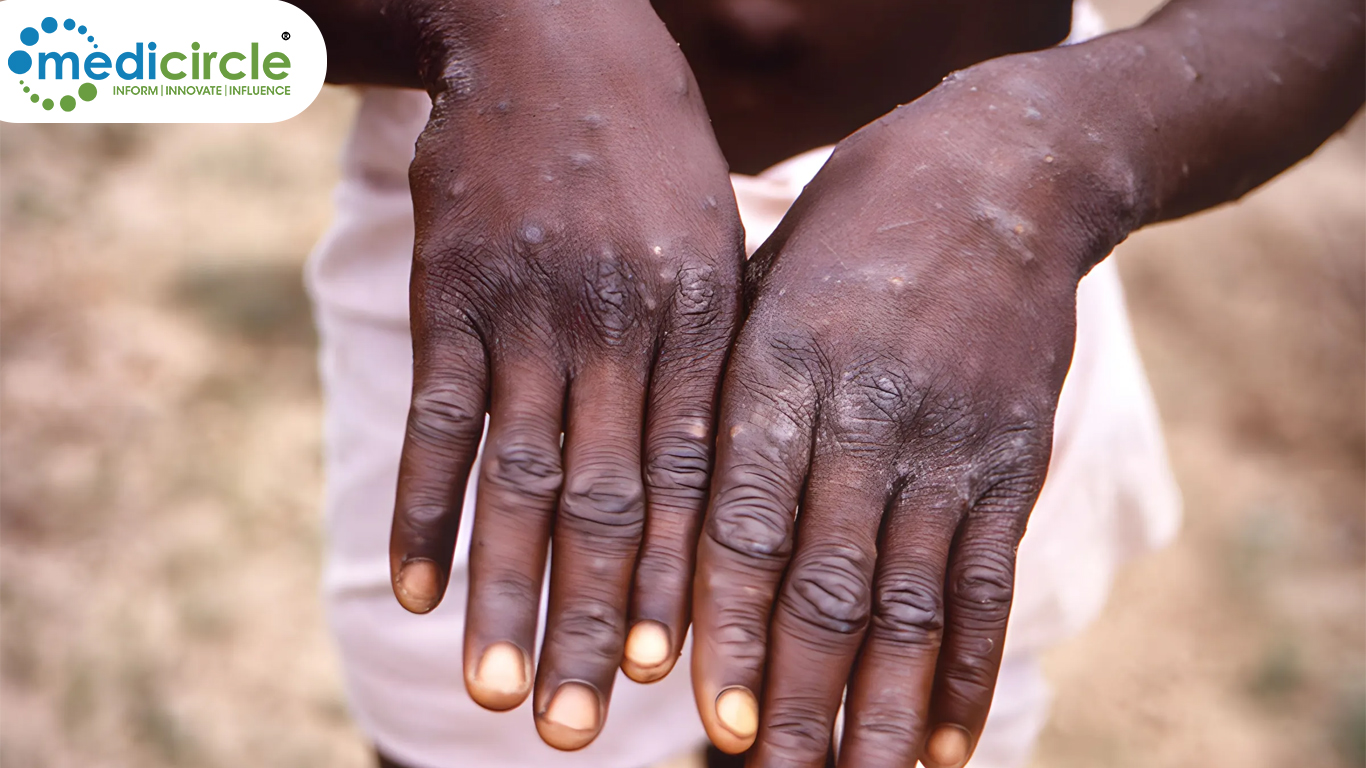







.jpeg)

.jpeg)










.jpg)




.jpg)

